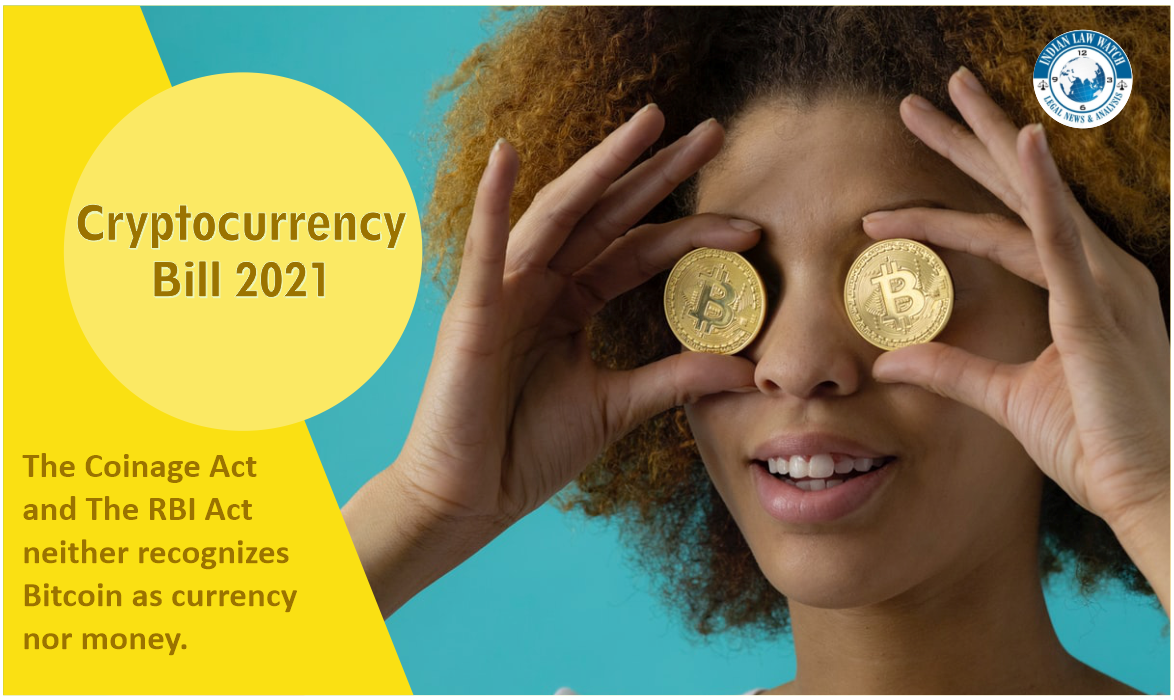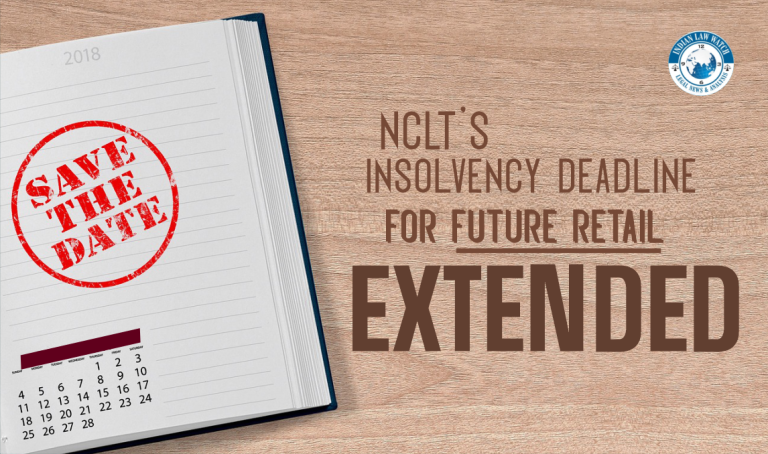The Cryptocurrency and Regulation of Official Digital Currency Bill 2021


The government plans to introduce the Cryptocurrency and Regulation of Official Digital Currency Bill 2021 in the ongoing Winter Session of Parliament. The Bill seeks to ban all but a few private cryptocurrencies to promote underlying technologies while allowing an official digital currency by RBI.

Bitcoin is a digital currency that allows people to buy goods and services and exchange money without involving banks, credit card issuers or other third parties.
India has the highest number of cryptocurrency holders in the world at 10.07 crore. Bitcoin was introduced in 2008 by an unidentified group of programmers as a cryptocurrency as well as an electronic payment system. It is reportedly the first decentralized digital currency where peer-to-peer transactions take place without any intermediary. The Centre plans to introduce the Cryptocurrency Bill 2021 in ongoing Winter Session of Parliament. However, the government has no proposal to recognise Bitcoin as a currency in the country.
RBI has vide its circular dated May 31st, 2021, advised its regulated entities to continue to carry out customer due diligence processes in line with regulations governing standards for Know Your Customer (KYC), Anti-Money Laundering (AML), Combating of Financing of Terrorism (CFT) and obligations of regulated entities under Prevention of Money Laundering Act, (PMLA), 2002 in addition to ensuring compliance with relevant provisions under Foreign Exchange Management Act (FEMA) for overseas remittance.
The government on Monday said that it has received a proposal from the Reserve Bank of India (RBI) to include digital currency under the definition of a ‘bank note’. In October, the RBI had introduced the proposal of Central Bank Digital Currency (CBDC). CBDCs — digital or virtual currency — are basically the digital version of fiat currencies, for instance, rupee in India.
The central bank has mentioned before apex court in a matter in 2018 regarding cryptocurrencies that the constitution has not defined any legal system for virtual currencies. The Coinage Act and The RBI Act does not provide that frameworks that neither recognizes Bitcoin as currency nor money. Hence, they are not a valid payment system.





